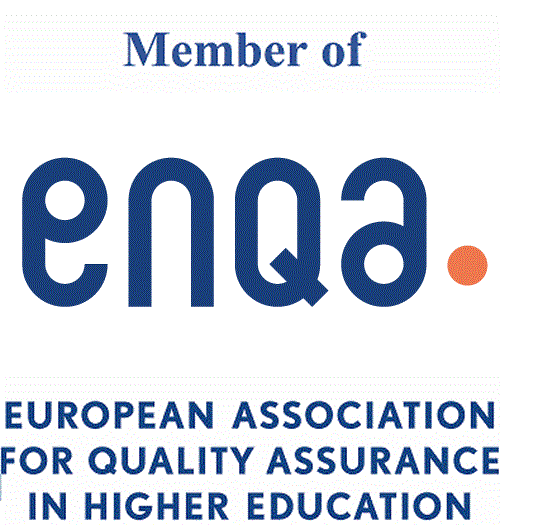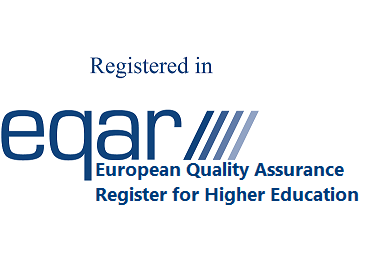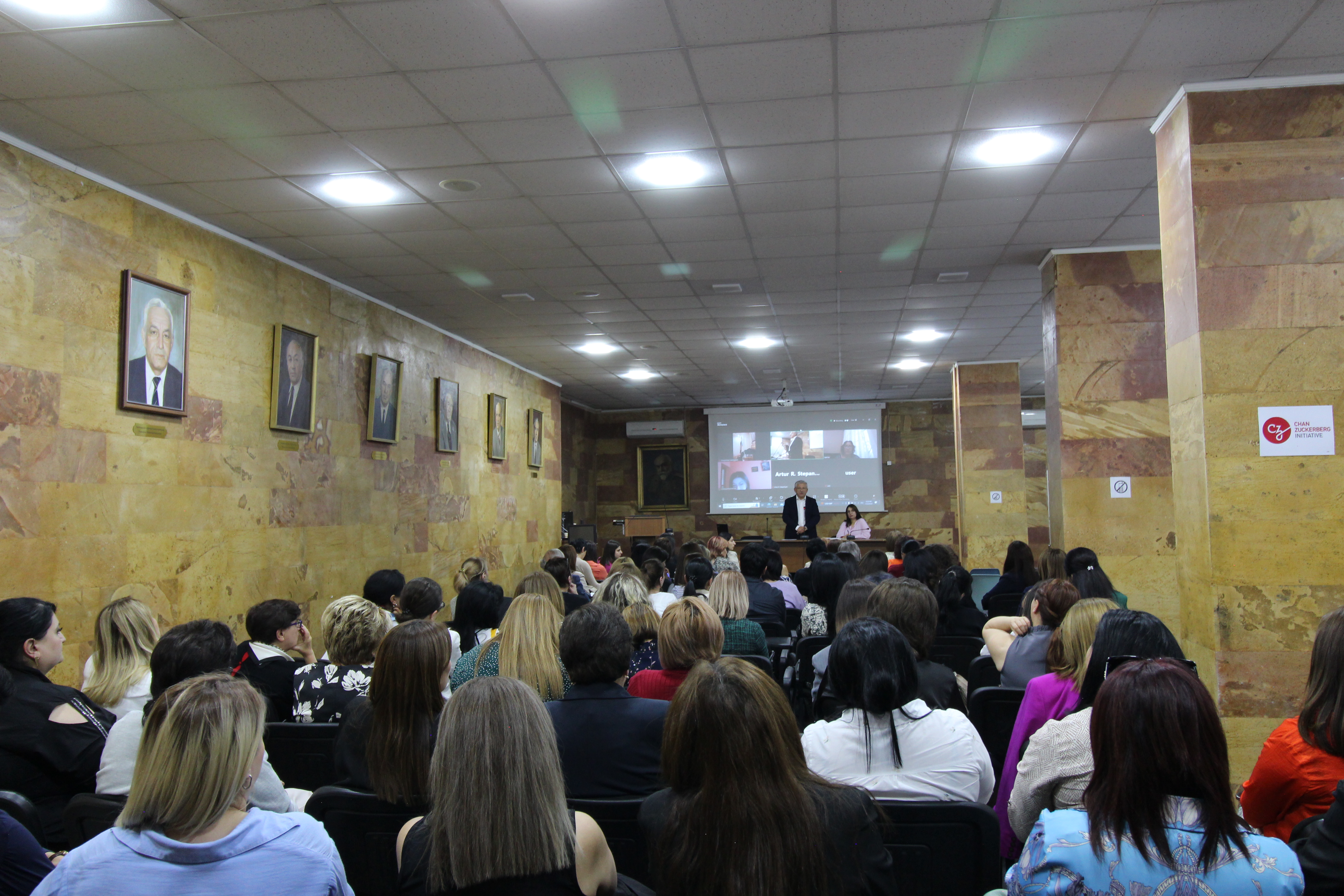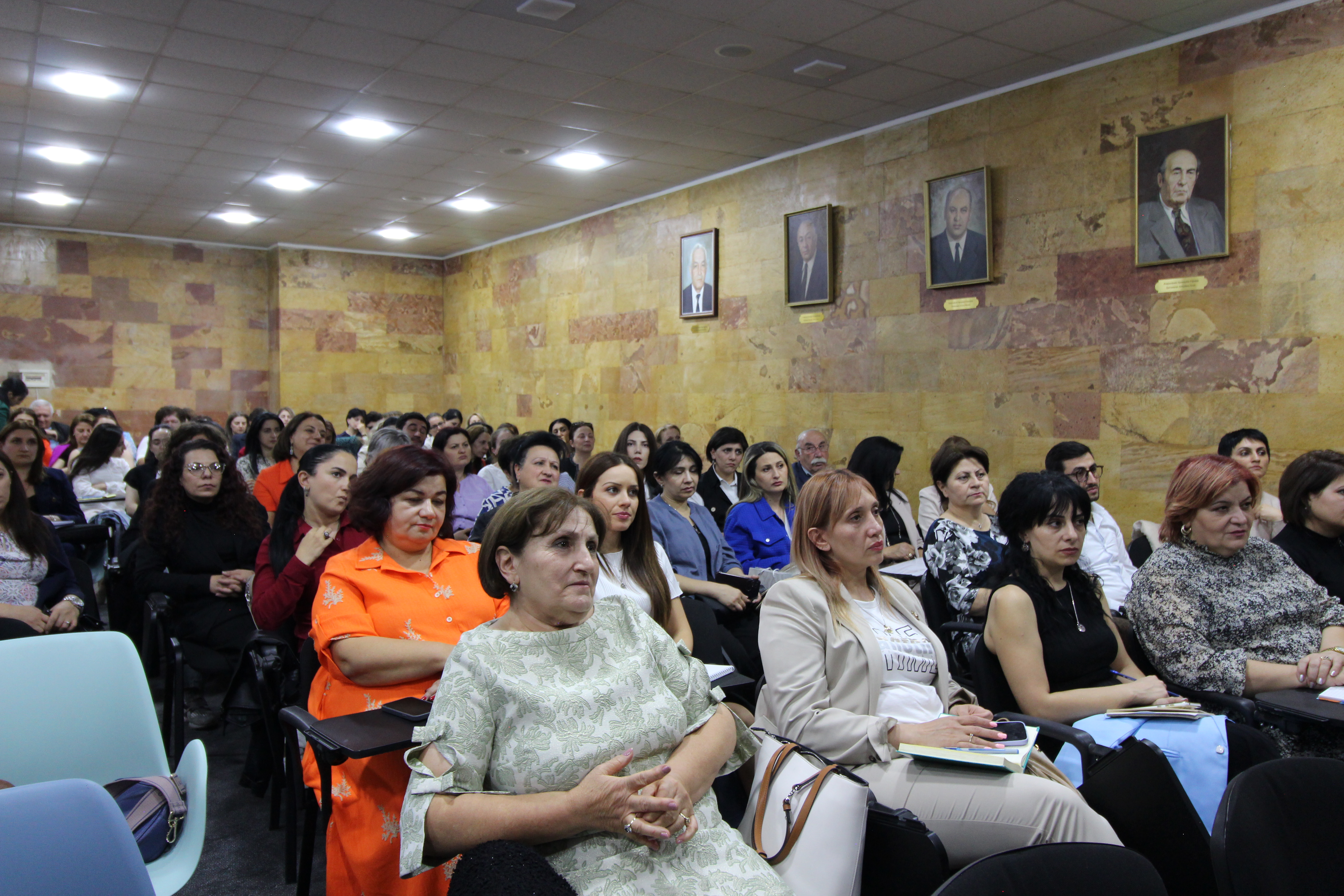The accreditation process for VET institutions' academic programmes (APs) will start in the near future. What focus should programme accreditation take? What issues do VET institutions identify that they wish to address with enhancement-led recommendations from experts? These issues were on the agenda of ANQA’s meeting held on October 4.
The programme accreditation’s peculiarities and the importance of conducting the process in a cooperative and dialogue-driven environment were discussed with the deputy directors for educational activities and quality assurance managers of both accredited VET institutions and those undergoing accreditation.
One of the key topics of the meeting was the difference between programme and institutional accreditation.
It was highlighted that in the case of institutional accreditation, the experts consider all criteria, including the Academic Programmes, from a management perspective. On the other hand, in the case of programme accreditation, quality assurance processes are intended to identify how the teaching process takes place and evaluate its effectiveness.
"The programme accreditation aims to evaluate how well a student completing the given academic programme achieves the expected outcomes for specialists in the field. In this process, a special emphasis will be placed on the development of the AP content, teaching and assessment methods and criteria, mentioned Ruben Topchyan, ANQA’s director, adding: Currently, VET institutions use various teaching methods. Programme accreditation will evaluate how effectively these institutions have established a student-centered assessment system that prepares students to become specialists ready to enter the labor market immediately".
A reference was also made to the following issues:
- the assessment criteria: it was highlighted that APs should have clearly defined outcomes and measurable KPIs for their evaluation;
- the effective implementation and continuous enhancement of APs developed based on the state academic standards;
- the practical education and teaching of skills and professional nuances applied in a real workplace setting;
- the importance of working with students with different abilities and ensuring consistent outcomes;
- the link between student-centered learning and assessment system;
- the importance of preparing specialists with professional ethics;
- the challenges of organizing effective teaching amid limited resources and material-technical base, work-based learning, the peculiarities of cooperation with employers.
The meeting participants decided to form small groups for further discussions on the peculiarities of programme accreditation by sectors.
It should be noted that the programme accreditation will be carried out in accordance with the criteria approved by the RA Government Decree N 959N of June 30, 2011. The programme accreditation will focus on seven fields: academic programme design and approval, teaching staff, teaching and learning practices, student assessment, research and development, learning environment, quality assurance.
With the state funding of 2025, five VET institutions will undergo programme accreditation.




